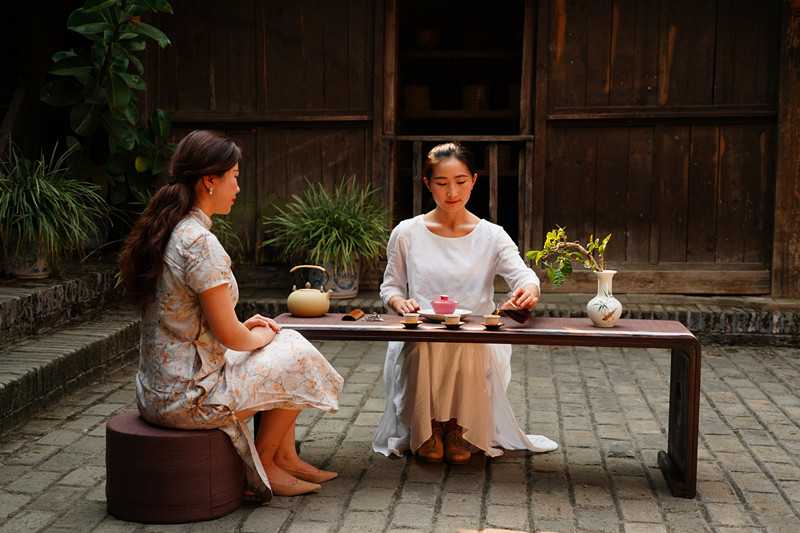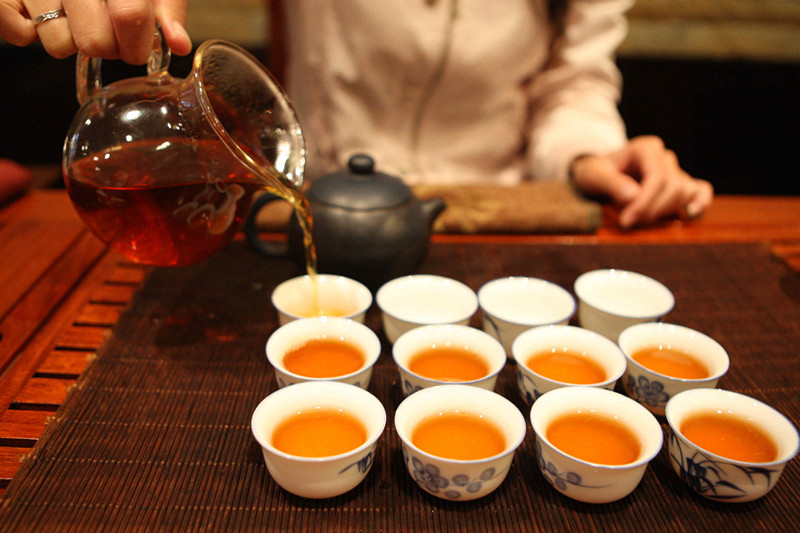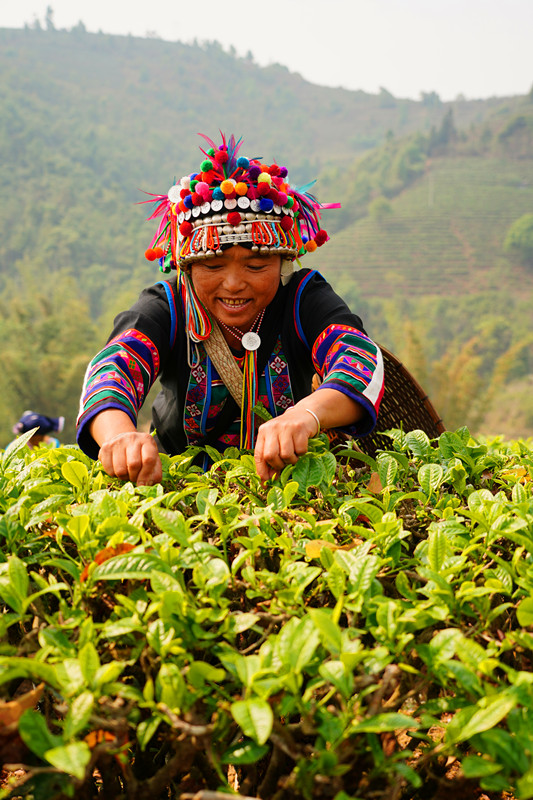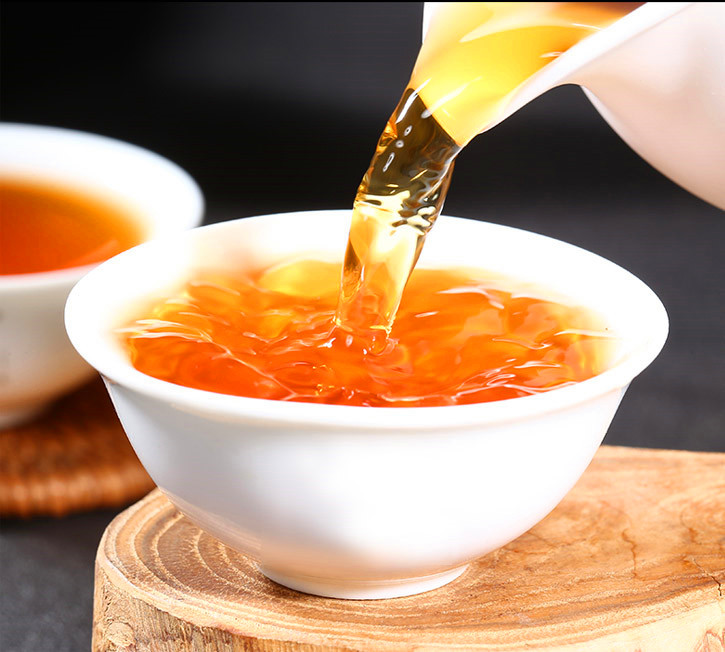Taste Tea, Taste Your Life As the homeland of 25 minority groups, Yunnan has long been famed for its unique ethnic culture and folklores. And nearly every group, interestingly, seems to retain their own tea-drinking habit. Tea is not merely indispensable in their daily consumption; it stands for an important gesture of hospitality. The Three Course Tea is such a tea ceremony prevailing in northwest Yunnan’s Dali. It is prepared by the local Bai minority specifically during festivals or in the presence of distinguished guests. The ceremony, as its name implies, consists of three rounds of tea drinking and tasting. 

The first one, featuring the natural bitterness of tea, symbolizes the hardship that one has to get through before succeeding. The second – being brewed together with some brown sugar and dried citrus peels – has sweet and fruity taste which intends to remind the guests of those joyful moments in their life. And the final course is an absolutely surprising one, because honey, ginger and even Sichuan pepper will be added into the tea pot to create a quite mixed and perplexing sense in your mouth before the ceremony ends.
This is more than a sip of tea. It is the taste of life! Apart from the Bai people, tea drinking has been seen in the culture of many more ethnic minorities in Yunnan, like the Hani, Dai, Lisu and Buyi. Forging a Hundred-Billion RMB Industry Yunnan is carrying out a five year plan to develop tea into an industry of over hundreds of billions of RMB. The province gives priorities to the development of Pu'er tea, black tea as well as green tea, and focuses on improving the quality and efficiency of the industry. Aiming at increasing tea farmers’ income, Yunnan also highlights the technological innovation and integrated development of primary, secondary and tertiary industries. Eventually, a tea industry system closely linked to sectors of economy, ecosphere, culture and tourism will be seen. 
According to the overall plan, ancient tea trees and tea gardens must be well preserved and utilized. Since 2018, Yunnan has started to use legislative tools to protect ancient tea trees. Managerial technical regulations for ancient tea trees and tea gardens have been stipulated. The province has also applied a garden zoning system to protect representative ancient tea trees with specific nameplates which explicitly indicate the idiosyncratic characteristics of each tea plant.
In order to highlight the diversity of ancient tea products, 30 ancient tea bases are designated to be established, in a bid to forge the tea industry of Yunnan with high benefits, distinctive features and competitiveness. 
Developing the internet of things among tea gardens is another driving force. In the future, information of management, environment monitoring, and quality control will be genuinely integrated into tea growing and processing.
According to the plan, the areas of ecological tea gardens and organic tea gardens will respectively reach 3 million mu (200,000 hectares) and 700,000 mu (about 46667 hectares) in the year of 2020. And they will further reach 3.5 million mu (roughly 230,000 hectares) and 800,000 mu (53,000 hectares) in 2022. Yunnan is expected to become a leading production base of tea in China, echoing with the national initiative of building beautiful villages across the country. Writing by Yang Yan; trans-editing by Wang Jingzhong and Li Hengqiang; photographs by Yunnan Daily Reporters
|









7740f3b5-9ecb-438e-9052-76cb2d4bb671.jpg)

